Interview: Job Of Claims Executive In The Maritime Industry
For many aspiring merchant navy professionals as well as those already working as seafarers in maritime industry, becoming a Master Mariner or Chief Engineer onboard a vessel is the pinnacle of professional success. Granted it’s an adventurous and rewarding career with potential for shore-based placement based on experience at sea. However, there’s a growing trend for individuals to shift to a shore job due to various situations such as personal commitments, family pressure, unpleasant experiences at sea etc.
We at Marine Insight always endeavour to help our readers out, whatever their case may be, by bringing forth different viewpoints from a wide array of Maritime professionals; one such is this interview with Capt. Arunabh Kumar, a seasoned seafarer, now a Claims Executive in the maritime industry with Aeghiscorp. Without extending the introduction, let’s move straight to the interview itself.
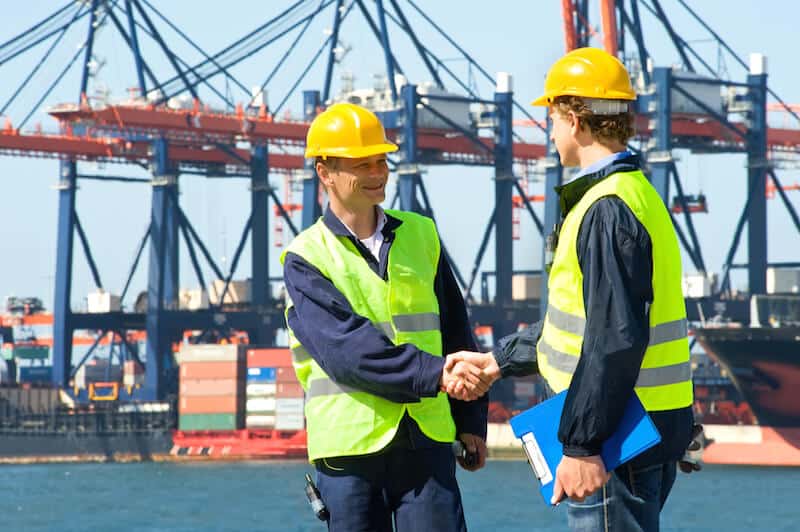
MI: At first, I’m sure everyone would like to know more about you – school, college, pre-sea, cadetship, becoming a Master Mariner and your cadetship experience.
AK: School-St. Michael’s High School, Patna
Pre Sea- TS Chanakya in 2003
College- BSc Nautical Technology, Mumbai University
Cadetship- United Ocean Ship Management
CoC – Master(F.G.), MMD Mumbai
MI: What about the competency exams (how hard were they, how did you go about studying for them, how was life through prep- broke/basic living etc, the feeling of clearing)
AK: For competency exams, I attended classes at MASSA & MMTI, both have good faculty and helpful resources. If one studies attentively throughout the course, exams can be cleared well in time. Taking breaks is not advisable.
Orals were much more demanding and test your holistic thinking. Group discussions with classmates were beneficial in this regard.
Passing the orals was especially a relief, whether it was after the first attempt or multiple.
MI: Difference among cadets now and back then? What are the improvements needed in training?
AK: Cadetship then was full of hard work and long working hours. SSTP came as a privilege, shortening cadetship from 3 years to 2 years.
Modern-day cadets are smarter and well informed.
Present SSTP model of training for cadets is good enough.
MI: Any interesting accounts from the time at sea?
AK: There are many, such as evading a piracy attack but, I’ll never forget transiting the Cape Horn.
MI: Why the decision to move ashore?
AK: To have a work life balance and to follow my passion for exploring the maritime business.
MI: How did you become a Claims Executive? What was the process? Is there any specific course conducted to become one? This is so that readers and aspiring seafarers wishing to move ashore can understand how to.
AK: I had applied for a job posted on LinkedIn and was selected in the interview.
As part of my job profile, I co-ordinate with P&I clubs and surveyors with respect to various types of maritime claims. This profile is ideal for Master mariners or senior officers who have an inclination towards maritime law, marine insurance, claims handling and loss prevention aspects.
MI: Is the MICS PQE important and should it be taken? Does it help fuel career growth?
AK: ICS modules provide a great insight into various aspects of commercial maritime operations, charter parties, economics, finance, insurance and law.
Passing PQE was my first stepping stone into maritime jobs ashore. It was really helpful since our competency courses are focused on technical and to some aspects the statutory regulations’ aspects of ship’s operation.
MI: What does a claims executive really do? What is your usual day like?
AK: A Claims executive at a P&I correspondent, acts as the P&I Club’s local representative and his principal function is to deal with the various problems which confront the shipowner member when his ship is within the jurisdiction in which the correspondent is located. The role of the correspondent is to protect the interests of the P&I Club /their members. This involves liaising with the authorities, port, agents and all involved parties. The correspondent will handle claims, solve problems, represent the Club/ members as necessary and generally assist the Club and their members. In order to handle such matters he may need to enlist the assistance of local experts such as surveyors, lawyers and other professionals.
This entails the necessity for the correspondent to be familiar with the expertise that is available in his area and to provide proper instructions in order to retain control over the handling of the matter. Many of the problems that arise involve local authorities such as the harbour master, port, customs and immigration officers with whom the correspondent should have a good working relationship.
Additionally, the P&I Club will expect the correspondent to be the “eyes and ears” of the Club and to provide relevant information regarding any changes to local laws or statutory requirements and to advise on any claims trends of which the correspondent becomes aware.
Loss prevention is an important part of everyday life within the P & I Club and the correspondent has an invaluable part to play in advising the Club on such issues.
MI: Prospects in your part of the industry – financially and career growth wise?
AK: It’s a niche sector and certainly not easy to break into the same. With some experience, prospects can be excellent.
MI: Ever miss sailing?
AK: Certainly, I miss the high seas!!
MI: Your message to those wanting to move ashore?
AK: Move ashore with a reasonable back up (financially).
Make a profile on LinkedIn and follow/be guided by the prominent professionals in your area of interest.
MI: Please Suggest good post graduate courses with bright prospects ashore in the Maritime industry.
AK: LLM – Maritime Law
MBA – Oil & Gas
Laytime/Demurrage/Charterparty training by Asdem.
We hope that our readers have had a basic grasp of the essence of the interview and it’s purpose to introduce interested individuals to the prospects in the Maritime business sector from someone directly involved with the industry. We would so like to sincerely thank Capt. Arunabh Kumar for his valuable time and effort is answering our questions.
About Capt. Arunabh Kumar:
Capt. Arunabh Kumar is a diligent, highly motivated and results driven Master Mariner, who is currently working as Claims executive for P&I Correspondents. He qualified as MICS after completing professional qualifications examinations and is also as Associate member of “The Association of Average Adjusters, U.K.”.
Disclaimer: The authors’ views expressed in this article do not necessarily reflect the views of Marine Insight. Data and charts, if used, in the article have been sourced from available information and have not been authenticated by any statutory authority. The author and Marine Insight do not claim it to be accurate nor accept any responsibility for the same. The views constitute only the opinions and do not constitute any guidelines or recommendation on any course of action to be followed by the reader.
The article or images cannot be reproduced, copied, shared or used in any form without the permission of the author and Marine Insight.
Do you have info to share with us ? Suggest a correction
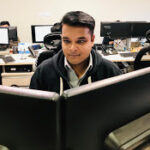
About Author
Shilavadra Bhattacharjee is a shipbroker with a background in commercial operations after having sailed onboard as a Third Officer. His interests primarily lie in the energy sector, books and travelling.
Latest Marine career Articles You Would Like:
Subscribe To Our Newsletters
By subscribing, you agree to our Privacy Policy and may receive occasional deal communications; you can unsubscribe anytime.



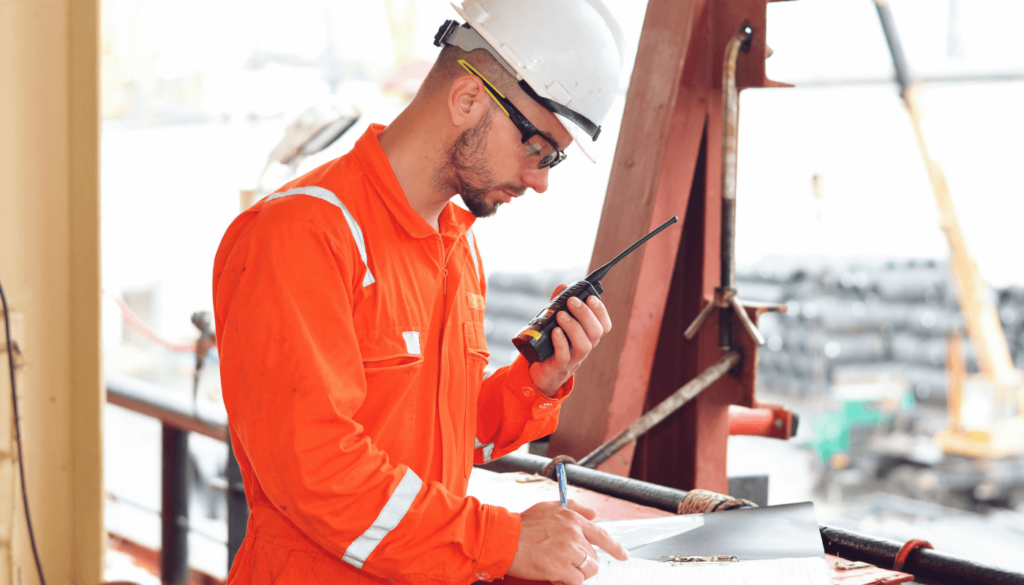
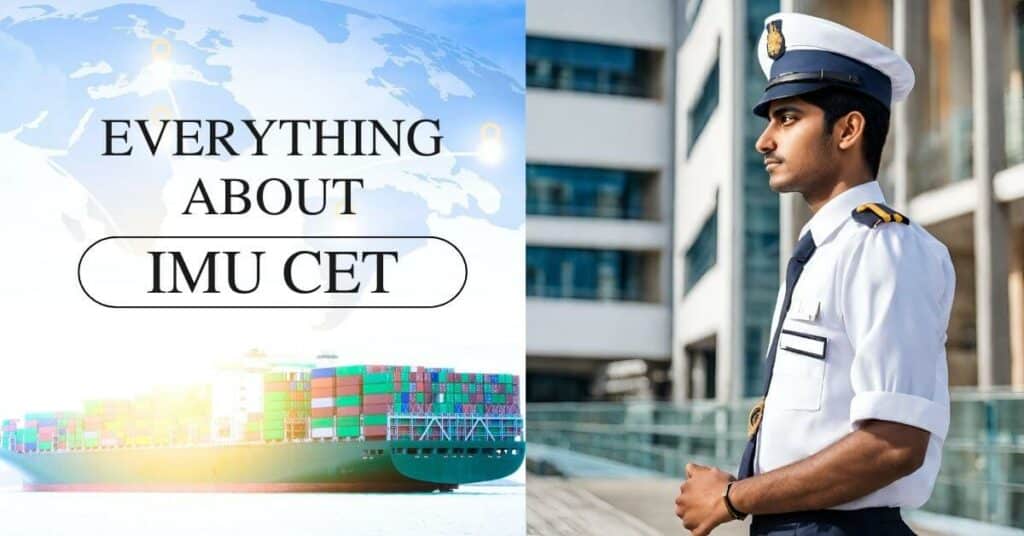

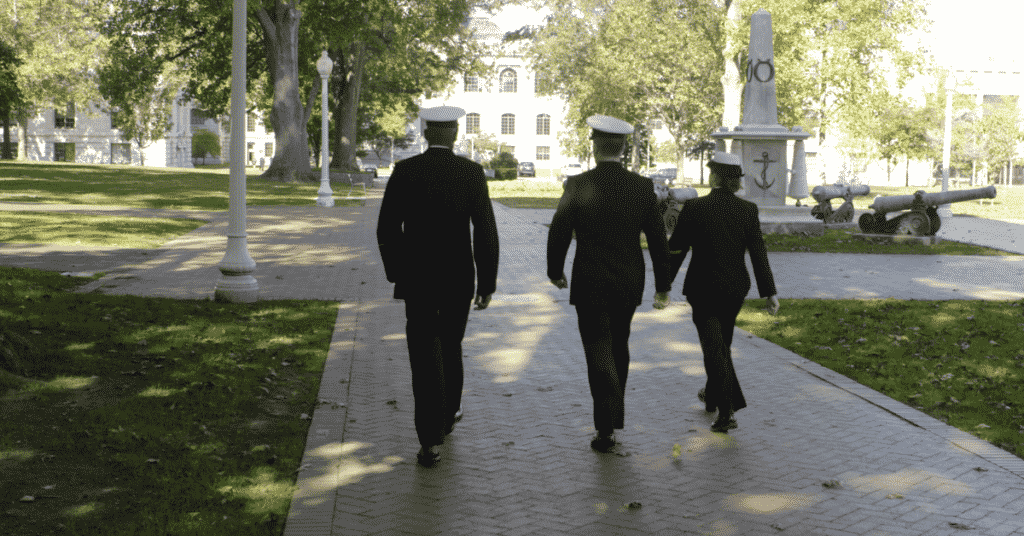
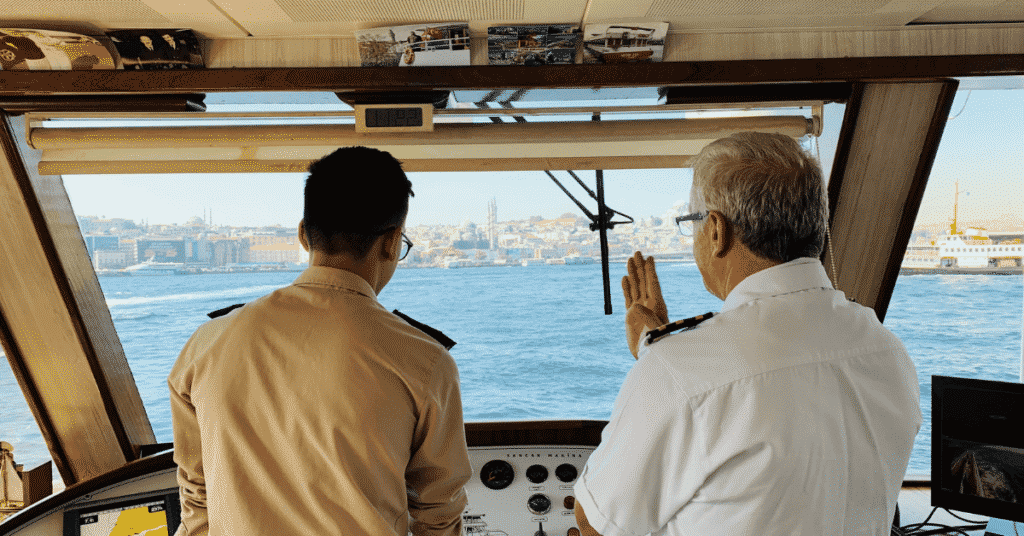
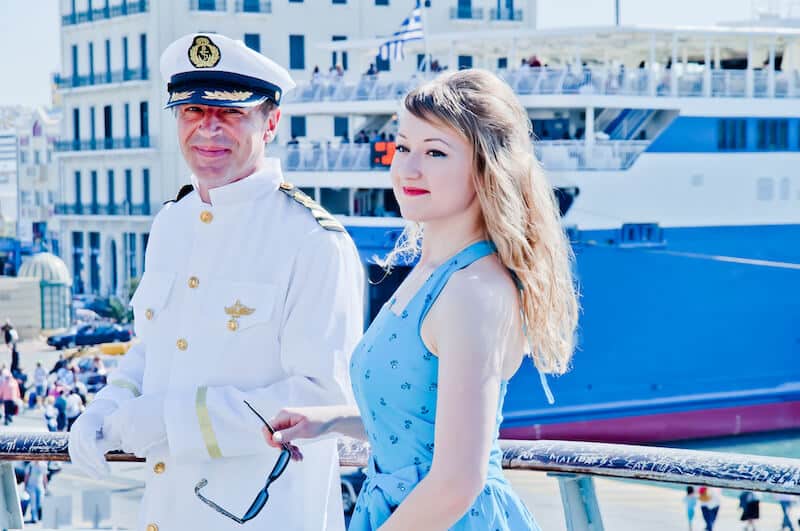

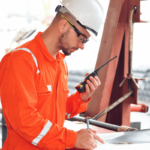


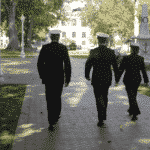
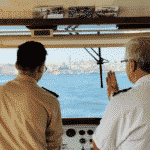
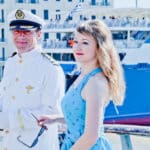
dear sir ,
i am shubham kumar singh from madhepura india . i have done bsc ( ship building and repair ) with 2 months training at vishakhapatnam ( hindustan shipyard ltd ) and udipi ( tebma shipyard ltd ). sir i need job in offshore or any contstruction/maintance of vessel and survey and inspection of vessel . so, if you have any post suited for me